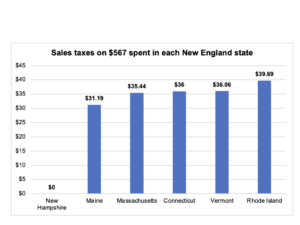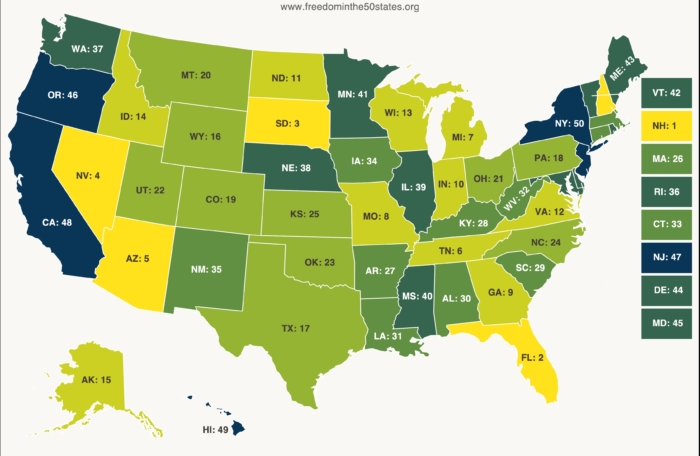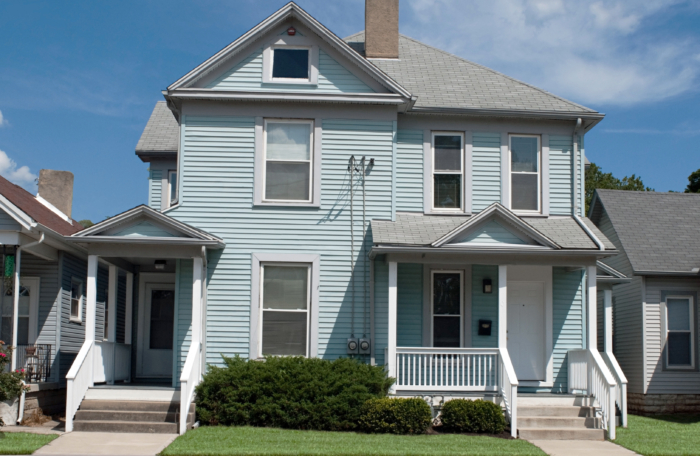A surprising divide has arisen this year over how the state should respond to increasing volumes of public records requests. On one side, we see discord and anger. On the other, unity and progress. The split shows the value of a win-win approach to solving problems.
Many officials responsible for providing access to public records say requests for such documents have become burdensome and costly. They say that gadflies and for-profit companies are filing such large requests, with such frequency, that something must be done to reduce the burden on public employees.
Two bills in the Legislature attempt remedies. The solutions they offer are diametrically opposed. Both would lighten the work load of public employees. But how they propose to do so makes all the difference.
House Bill 1002, which we wrote about previously, proposes to solve the problem by making it harder for citizens to obtain public documents. It would allow government agencies to charge up to $25 an hour for records requests that take more than 10 hours to fulfill, with the billing kicking in after the 10th hour begins.
House Bill 1696, as amended, takes a very different approach. The bill would make it easier for municipalities to store, and the public to retrieve, public records. It would create a system for municipalities to have their records stored at the state Division of Archives and Record Management. To manage those records, and requests for them, it would fund a Local Government Records Manager position at the archives.
HB 1696 would create a digital repository of government records that would work like “a slightly more boring version of Netflix for public records,” New Hampshire Municipal Association Government Affairs Counsel Natch Greyes told the House Judiciary Committee in January.
State Archivist Ashley Miller told the Judiciary Committee that the bill “streamlines our record-keeping processes statewide but it allows… for quick retrieval of information.’
She went on to say that the bill would create “a convenient digital repository where their records can be both preserved and accessible to the public.”
This version of HB 1696 was sponsored by Rep. Josh Yokela, who is well known for championing broad and easy access to public records. Yet the bill has the support of the New Hampshire Municipal Association and the director of the Division of Archives and Records Management. The House Judiciary Committee unanimously recommended its passage. Why?
Rep. Yokela offered a solution that satisfied both sides. Municipal officials received help with storing public records and fulfilling requests for them. Advocates of government transparency got a searchable, always-accessible database of public records.
By contrast, HB 1002’s win-lose approach imposed costs on open-government advocates and gave government employees a new, easily abused power. Pitting the two sides against each other led to bad feelings, acrimonious debate and reconsideration of the bill.
HB 1696 doesn’t resolve all of the concerns public records custodians have. But it points toward constructive solutions.
Instead of discouraging records requests by punishing citizens when they ask for large batches of public documents, a win-win approach would encourage better records management practices, offer help in complying with large requests, and create a less labor-intensive process for making records available.
Creating a better way to redact non-public portions of public documents remains a challenge. But suppressing records requests is not the solution.
As with so many problems, the answer can be found through innovation and cooperation, not power and punishment.












